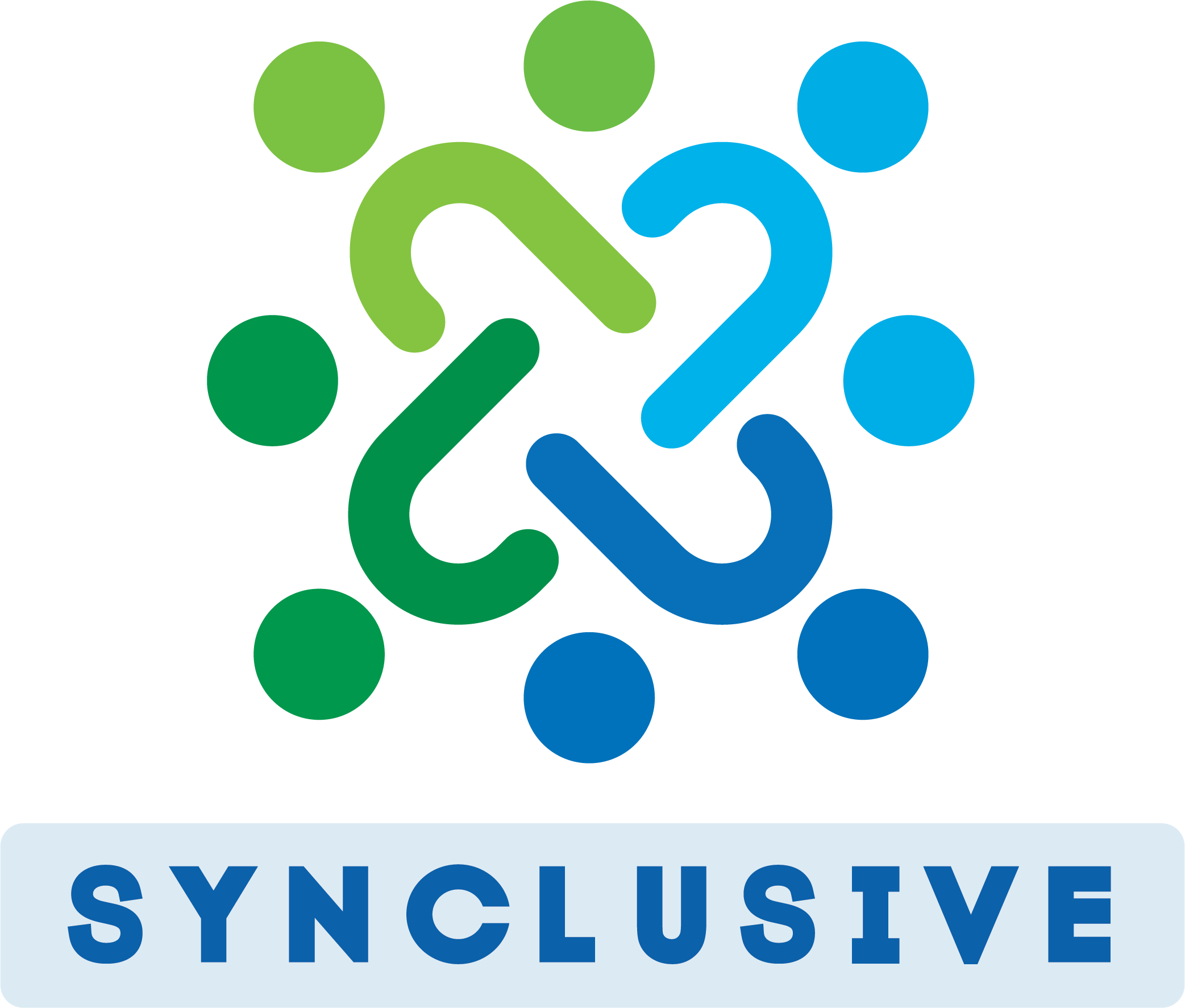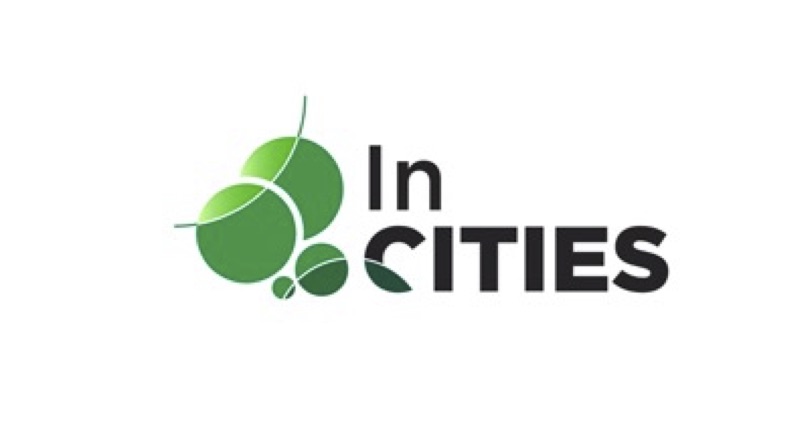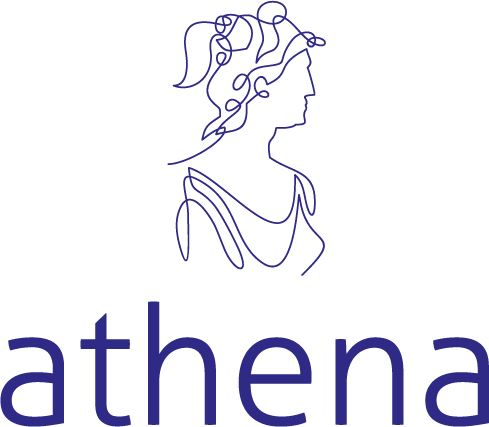A Universidade Europeia das Cidades do Futuro
Investigadora
A PIONEER é uma aliança de Universidades Europeias dedicada ao ODS 11 “Cidades e comunidades sustentáveis”, que aborda a necessidade de as cidades se tornarem inclusivas, seguras, resilientes e sustentáveis. A aliança reúne 10 universidades orientadas para o impacto, incluindo um parceiro suíço associado, e abrange 32 cidades e 16 regiões em toda a Europa.
Ao reunir académicos, instituições públicas, organizações privadas e cidadãos no nosso quadro de orquestração, desenvolveremos iniciativas conjuntas de educação baseada em desafios, investigação orientada para o impacto e co-criação de inovação que contribuam para muitas agendas europeias, regionais e urbanas, como o Pacto Ecológico da UE e o pacote “Fit for 55”. Para o efeito, a PIONEER será também um facilitador da aprendizagem inter-institucional e um instrumento de mudança institucional. Alcançaremos esta ambição através da integração estratégica a nível institucional: alinhando gradualmente as nossas estratégias individuais e trajectórias institucionais, construindo uma estratégia de desenvolvimento comum para nos tornarmos instituições verdadeiramente internacionais integradas num quadro federal.Este quadro será inspirado na União Europeia, com um centro estratégico forte que se baseia e apoia a diversidade e a autonomia dos nossos parceiros para construir um ecossistema académico flexível e complementar, trabalhando em conjunto numa estratégia e numa trajetória de desenvolvimento comuns. Empenhados em difundir os valores europeus e em promover a inclusão e a diversidade, o PIONEER Open Campus oferecerá mobilidade sem descontinuidades aos estudantes e oportunidades únicas de desenvolvimento de liderança ao pessoal académico e não académico.
O nosso Centro de Conhecimento permitirá às universidades membros e a mais de 40 parceiros associados de ecossistemas regionais trabalharem em conjunto em questões relacionadas com o ODS 11.
WED PT - Elites in Portugal
Coordenadora Local
O WED PT - Elites em Portugal é um projeto de investigação inscrito na World Elite Database (https://worldelitedatabase.org/), que é um projeto cooperativo de dados e análise liderado por investigadores em populações de elite em todo o mundo. Somos um consórcio internacional de académicos da Argentina, Chile, China, Dinamarca, Itália, França, Finlândia, Alemanha, Noruega, Polónia, Portugal, Rússia, Suécia, Suíça, Reino Unido e EUA, com o objetivo de expandir para mais países em todo o mundo. Trabalhamos em conjunto para desenvolver um novo sistema de dados normalizados sobre as elites, para estudar e partilhar. O nosso objetivo é resolver o problema da comparabilidade e heterogeneidade no estudo das estruturas de poder nacionais e fomentar uma comunidade cooperativa de académicos interessados em estudar sistematicamente as populações de elite. Tendo em conta esta abordagem internacional, o “WED PT - Elites em Portugal” tem também como objetivo aprofundar o estudo das elites em Portugal, e para isso mobilizará os instrumentos teóricos e metodológicos para os desafios históricos e contemporâneos que o estudo das elites implica para uma melhor compreensão das desigualdades, das classes, dos valores, da democracia, do crescimento económico, do desenvolvimento e do bem-estar social.
Informação do Projeto
2023-11-21
2028-12-31
Parceiros do Projeto
Abordagem sistémica para eliminar as lacunas de emprego e criar um mercado de trabalho mais inclusivo para grupos vulneráveis
Investigadora
SYNCLUSIVE é uma abordagem de sistemas inovadores, integrais e interdisciplinares para estimular a inclusão de grupos vulneráveis no mercado de trabalho. Para isso, os seis objetivos centrais são: 1) desenvolver e consolidando uma coalizão de partes interessadas em 4 Living Labs regionais em toda a Europa nos moldes da Comunidade Teoria da Ação de Coalizão, usando a abordagem ENGINE. Esta abordagem inclui um pacote integrado de intervenções que estimulem a mobilidade ascendente e lateral de trabalhadores vulneráveis, criando assim vagas para entrada de candidatos a emprego vulneráveis; 2) testar a utilidade e aplicabilidade da abordagem ENGINE para diferentes grupos vulneráveis identificados como discriminados; 3) identificando impulsionadores e barreiras para mobilidade e influxo incluindo discriminação; 4) avaliar o impacto da abordagem ENGINE implementada sobre a mobilidade no mercado de trabalho e inclusão de grupos vulneráveis; 5) identificando caminhos de transição do regional ao nível da política nacional e da UE; e 6) identificar indicadores e padrões interoperáveis e comparativos que são relevantes para a inclusão no mercado de trabalho de grupos vulneráveis, tendo em conta as necessidades regionais, nacionais (legislativo) e contexto cultural.
Informação do Projeto
2023-03-01
2027-02-28
Parceiros do Projeto
- BRU-Iscte (Gestão)
- CIES-Iscte
- ISTAR-Iscte
- TNO - Líder (Países Baixos (Holanda))
- ARC FUND - (Bulgária)
- FIOH - (Finlândia)
- SDA - (Bulgária)
- INAIL - (Itália)
- UvT - (Países Baixos (Holanda))
- UCC - (Irlanda)
- AMF - (Países Baixos (Holanda))
- CENTAR - (Estónia)
- TERMCERTO - (Portugal)
- LAO - (Portugal)
- REDO - (Portugal)
- PACT - (Portugal)
- IEFP - (Portugal)
- KOK - (Finlândia)
Projeto de cooperação entre o Observatório do Emprego Jovem e o Instituto do Emprego e da Formação Profissional
Investigadora
O projeto de cooperação trianual consiste numa cooperação entre o IEFP e o ISCTE, através do Observatório do Emprego Jovem, para a elaboração de estudos de investigação no âmbito das temáticas do Emprego Jovem, Desemprego Jovem, Políticas de Emprego Jovem, e os Jovens e o Mercado de Trabalho. Durante o primeiro triénio de vigência do contrato de cooperação estão a ser desenvolvidos os seguintes estudos: perfis dos jovens desempregados (estudo 1); perceções dos jovens acerca dos serviços do IEFP (estudo 2); aprofundamento qualitativo dos perfis dos jovens desempregados (estudo 3); análise da qualidade do emprego jovem (estudo 4).
Informação do Projeto
2023-01-18
2027-12-31
Parceiros do Projeto
- DINAMIA'CET-Iscte (IT) - Líder
Trailblazing Inclusive, Sustainable and Resilient Cities
Investigadora
O projecto InCITIES foca-se nas cidades do futuro: resilientes, sustentáveis e inclusivas. Este projecto é financiado pela Comissão Europeia, através do Programa Quadro Horizonte Europa, lançado, no contexto da European Excellence Initiative.
InCITIES promove e desenvolve iniciativas no âmbito da investigação, do ensino e no relacionamento com a sociedade envolvente.
InCITIES reflete os desafios globais europeus para as cidades do futuro abordando quatro objetivos:
Mapear estratégias de transformação institucional para universidades baseadas em investigação, progressivamente mais sustentável, incrementando a ciência aberta e oportunidades de carreira,
Fortalecer uma rede de longo prazo das instituições de ensino superior e de investigação participantes e os ecossistemas circundantes com base em hubs integrados de conhecimento,
Aumentar a capacidade científica, tecnológica e de pessoal, partilhando as melhores práticas pedagógicas, de pesquisa, de gestão e administrativas no consórcio,
Promover as competências digitais, criando uma plataforma de educação aberta e inovadora em sinergia com a agenda de investigação, desenvolvimento e inovação do projecto, com foco nas cidades inclusivas, sustentáveis e resilientes.
Os parceiros do consórcio representam universidades de cinco países (Portugal, Eslováquia, Finlândia, França e Alemanha), que asseguram as competências e os conhecimentos relevantes para a implementação do projecto.
Além do Iscte, o consórcio integra os seguintes parceiros universitários: Universidade de Zilina (Eslováquia), Universidade de Ciências Aplicadas de Colónia (Alemanha), Universidade Gustave Eiffel (França) e Universidade de Ciências Aplicadas Laurea (Finlândia).
Os parceiros associados do projecto são: Área Metropolitana de Lisboa, União das Vilas e Cidades da Eslováquia, Mobilidade Inteligente da Eslováquia, Confederação Portuguesa do Voluntariado, Confederação Portuguesa das Colectividades de Cultura, Recreio e Desport...
Informação do Projeto
2022-10-01
2025-09-30
Parceiros do Projeto
- Iscte - Líder
- TH KOLN - (Alemanha)
- LAUREA - (Finlândia)
- UNI EIFFEL - (França)
- UNIZA - (Eslováquia)
Data science analysis for environmental inequalities
Investigadora
Digital society and AI are posing new challenges to cities through opportunities to improve the performance and democratization of local and regional public administrations in their relationship with citizens and companies. Digital and AI’s impacts on the structure of inequality have not yet been sufficiently studied within and between countries and at the city levels.
We aim to analyse environmental data and inequalities, by simultaneously advancing the social science problem of sustainable development, and improving the digital tools for city problem-solving, together with social stakeholders and municipalities.
Through data science and the application of machine learning, statistical data, and place-based knowledge concerning climate problems, the project intends to produce a digital toolkit of geographical-interactive maps of sustainable footprint, supported by a system of multidimensional indicators of environmental inequalities and urban lifestyles, mobility patterns and transport usage.
Informação do Projeto
2022-01-01
2023-12-31
Parceiros do Projeto
University Goes Digital for a Sustainable Global Education
Investigadora
O Projeto Athena visa o desenvolvimento de competências digitais dos docentes universitários, reforçando a sua resposta aos desafios que as universidades enfrentam atualmente e no futuro. O projeto procura fomentar ambientes de aprendizagem cooperativa, tornando-os transformadores e inclusivos através da adoção de novas tecnologias, como e-learning, plataformas de jogos, realidade virtual e aumentada, modelados sistematicamente para ativar competências-chave na aprendizagem digital. O projeto irá criar modelos que os docentes podem adotar e adaptar às suas aulas, utilizando diferentes abordagens pedagógicas.
Informação do Projeto
2021-03-01
2023-02-28
Parceiros do Projeto
- IRU-Iscte - Líder
- BRU-Iscte
- ISTAR-Iscte
- CIES-Iscte
- DINAMIA'CET-Iscte
- Webwise Inovação Lda (webwise Inovação Lda) - (Portugal)
- Université Gustave Eiffel (Université Gustave Eiffel) - (França)
- Politecnico di Milano (Polimi) - (Itália)
- SIGMUND FREUD PRIVATUNIVERSITAT WIEN GMBH (SIGMUND FREUD PRIVATUNIVERSITAT WIEN GMBH) - (Áustria)
As desigualdades sociais e bem-estar
Investigadora
Como aferir e monitorizar os efeitos e consequências das desigualdades sociais na sociedade portuguesa contemporânea, tendo em conta, simultaneamente, os planos regional, nacional e a comparação europeia? Estudos internacionais salientam que as desigualdades influenciam o desenvolvimento, e que para haver progresso social é insuficiente obter-se apenas crescimento económico. É sob este pressuposto que estão construídas as agendas internacionais do desenvolvimento humano e do desenvolvimento sustentável, sendo nelas centrais as relações entre desigualdades e bem-estar. O quadro de profundas desigualdades na sociedade portuguesa coloca em causa princípios de direito fundamental, e interpela sobre a urgência de mais e melhor informação, técnica e científica, que permita não apenas conhecer, mas igualmente enquadrar e validar, numa perspetiva das relações entre desigualdades e bem-estar, a formulação de políticas públicas orientadas para a intervenção nos territórios e populações. O projeto prevê a construção ou melhoria de instrumentos de produção, análise e visualização de informação que permitam demonstrar as relações multidimensionais entre condições de vida e bem-estar dos portugueses numa vertente comparativa, intranacional e internacional. O modelo a desenvolver será suportado empiricamente na análise dos dados do European Social Survey e outras fontes estatísticas nacionais e internacionais. O conhecimento substantivo produzido através da exploração destes dados, será o ponto de partida de um segundo eixo de desenvolvimentos operatórios, fundados na análise prospetiva, com utilização do método Delphi. Esta segunda etapa implicará a mobilização de diversos agentes, desde profissionais, a técnicos e cientistas envolvidos na organização e implementação de políticas públicas, em diversos níveis de intervenção no território, recrutados a partir da Rede Portuguesa de Investigação em Políticas Públicas. Serão mapeadas as dimensões mais valorizadas na definição do bem-e...
Informação do Projeto
2019-05-01
2021-01-31
Parceiros do Projeto
Graduates Advancement and Development of University Capacities in Albania
Investigadora
Project Title: Graduates Advancement and Development of University capacities in Albania (GRADUA)
Duration: 4 years (15/10/2017-15/10-2021)
Project reference number: 585961- EPP-1-2017-1-AL-EPPKA2-CBHE-SP
Programme: Erasmus +
Action: Capacity Building in Higher Education (CBHE)
The project aims at set up in Albania an innovative IT based platform for graduates tracking and employability at support of policy making and HE reform. The platform is different with respect to existent experiences (databases/job intermediaries): it is an integrated and certified demand/supply matching model based on the online DB of Albanian graduates, easily “replicable” in new universities. The platform has a twofold scope:
-enhance university enterprise cooperation and graduates employability in a unifying context of data aggregation, graduates monitoring and university-enterprises cooperation. Online graduates CVS are certified by universities, made available to companies that can check and compare on line by university, faculty and degree course level the graduates to hire according to set of variable (i.e.academic career, language and IT skills, experiences, expectations). Graduates can update their CVs and directly send their candidature to the firms through the platform. The efficacy of AL in job intermediation with respect to other systems is proven by figures (Bargues and Sylos Labini 2009).
-strengthen both the effectiveness/efficiency of the whole HE system through IT based practices and methodology: the platform is conceived to provide documentary evidence for decision making processes, new programmes planning and methodology, with particular attention to training activities and services to students (graduate’ profile survey). It is an integrated model as the surveys’ high response rates together with the statistical quality of data depends on the graduates’ fidelization effect achieved thanks to the placement services offered to them.
The pro...
Informação do Projeto
2019-03-01
2021-10-14
Information visualization research
Investigadora
Hoje em dia, a natureza multidisciplinar da visualização da informação é bastante consensual nas comunidades profissionais e académicas: análise de dados, design de informação, storytelling, entre outros temas, são áreas exemplificativas desta realidade.
O estudo sistemático destas sinergias que se obtêm criuzando as diversas áreas representa um acréscimo importante e necessário à massa crítica de uma área de conhecimento bastante recente como é a visualização de informação. Por essa razão, a definição do conceito de visualização de informação ainda é instável, variando de acordo com a perspetiva para a qual é adotada.
A proposta de uma única definição unificada do conceito está além do âmbito deste projeto; em vez disso, estuda-se e discute-se a visualização de informação sob múltiplos pontos de vista, de forma a elaborar um curso de pós-graduação sobre este tópico, com o objetivo simultâneo de iniciar um debate aberto sobre o assunto, à medida que sua implementação avança e novas questões são levantadas.
Este projeto pretende aumentar as sinergias entre áreas relacionadas com a visualização de informação e disseminar as melhores práticas de visualização. Os resultados esperados do projeto são a participação em conferências no âmbito do projeto e elaboração de publicações científicas, bem como reflexões interpares nos diversos meios de comunicação atualmente disponíveis.
Informação do Projeto
2017-01-01
2018-12-31
Parceiros do Projeto
- CIES-Iscte - Líder
QUESQ - Eficiência e Equidade na Construção do Serviço Público: a qualidade do estado social em questão
Investigadora
Em Portugal a incerteza económica associada à contenção orçamental, a altos níveis de desemprego e a tendências de desequilíbrio social crescente têm sido o mote para o profundamento de uma reforma administrativa das funções sociais do Estado. Desde o despoletar da crise internacional e especialmente no período de gestão governativa sobre monitorização da TROIKA (2011 a 2014) o Estado diminuiu a sua presença num certo número de setores da vida social que se lhe incumbiam e que tinha a seu cargo, garante do serviço público aberto e oferecido a todos, sem distinção. Eficiência e racionalidade de “boas práticas de gestão” orientadas, no fundamental, pela redução de despesasão frequentemente os elementos a partir dos quais se tem vindo a avaliar a capacidade governativa de ajustamento ao novo contexto. Neste estudo a eficiência dos processos de reconfiguração do Estado e das Políticas sociais que vêm sendo preconizadas são examinados num confronto sistemático com as suas implicações na promoção de equidade e de bem-estar e qualidade de vida das populações abrangidas. Concretamente, analisam-se os efeitos da orientação para a diminuição do peso das funções sociais do Estado num aumento real de desigualdades sociais e na inversão de tendências que apontavam ganhos sociais relativos em áreas sensíveis de desenvolvimento humano e progresso social, como são a saúde, a educação, a segurança social e a participação cívica.
Informação do Projeto
2014-04-01
--
Parceiros do Projeto
- CIES-Iscte - Líder

 English
English





